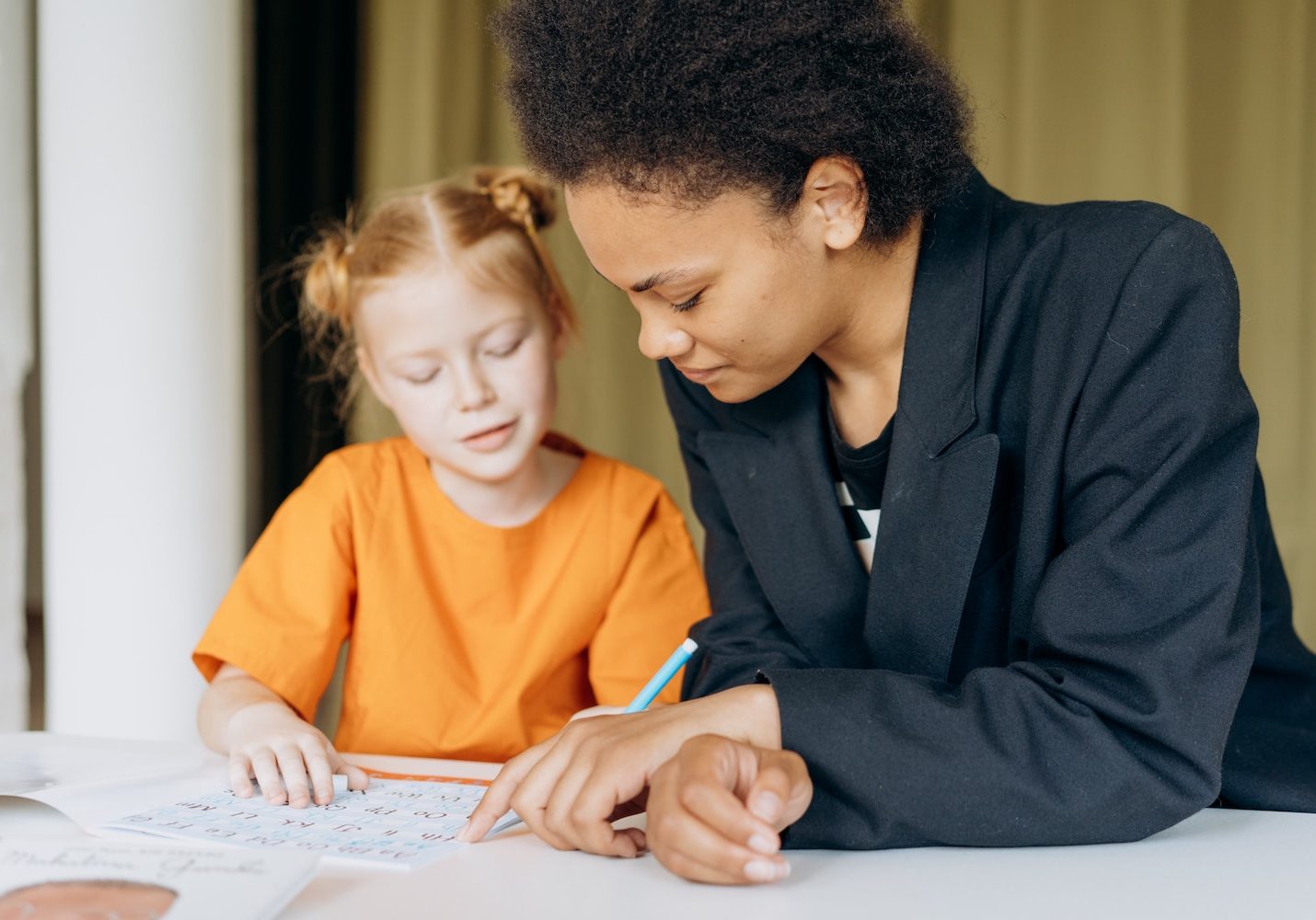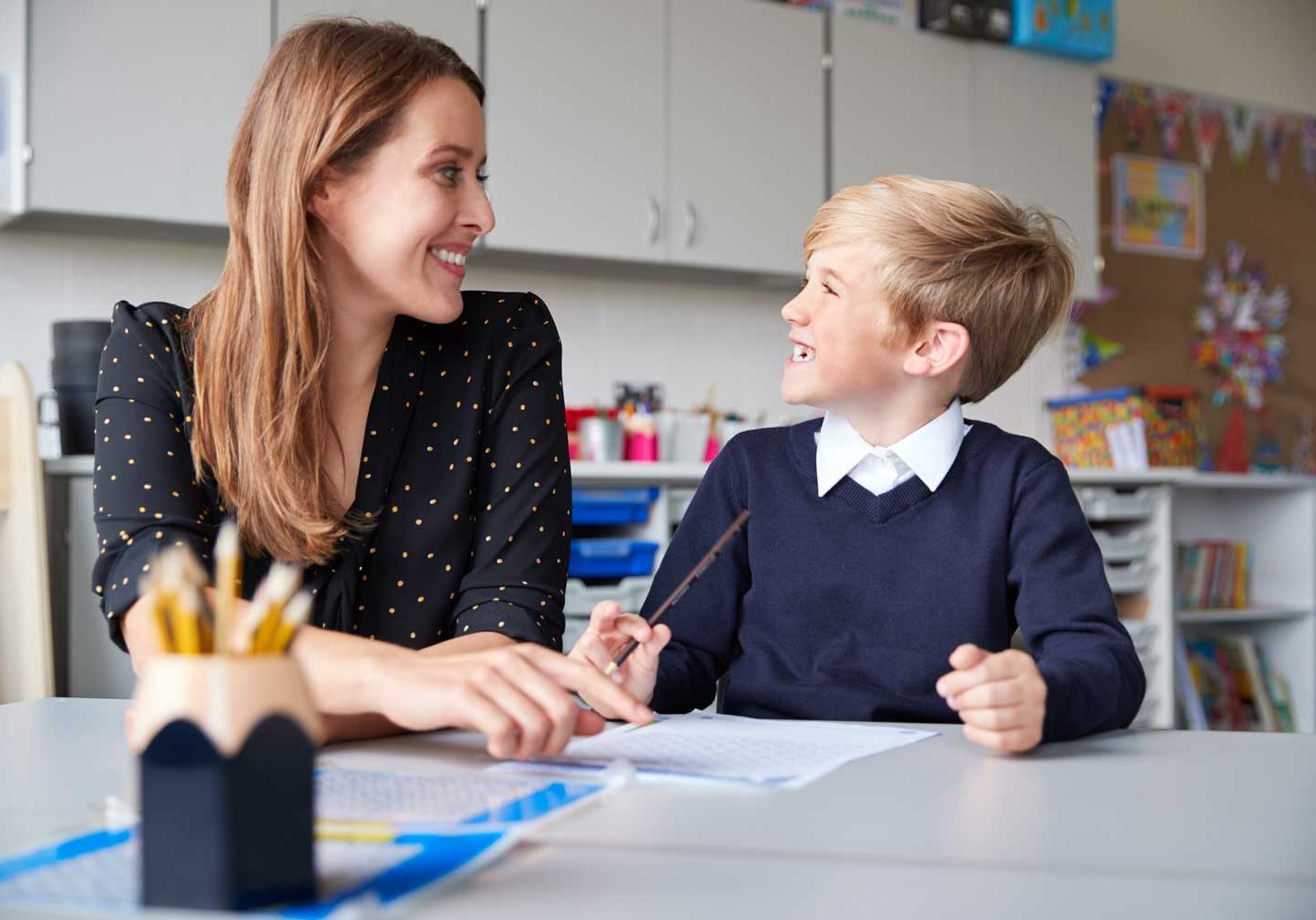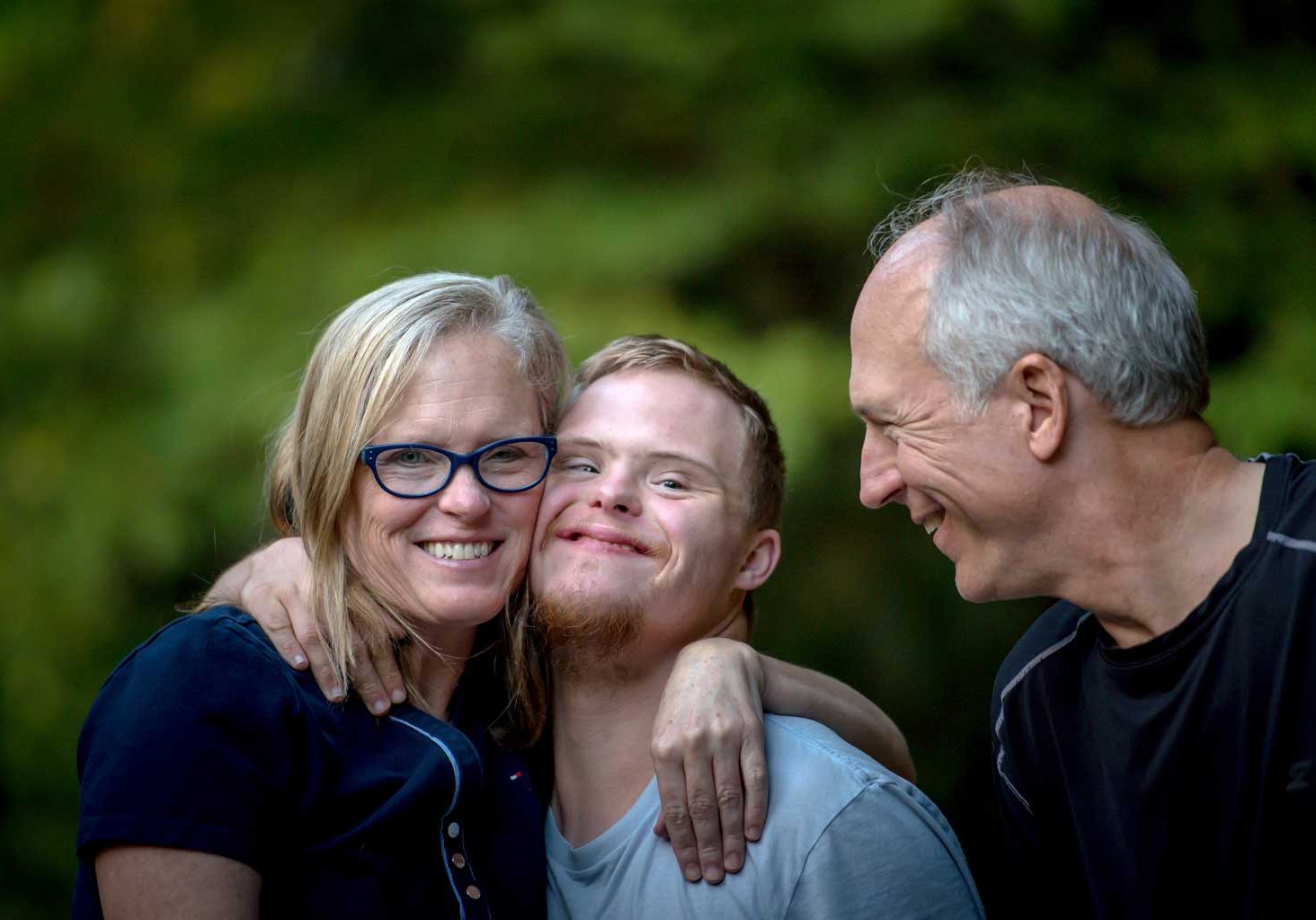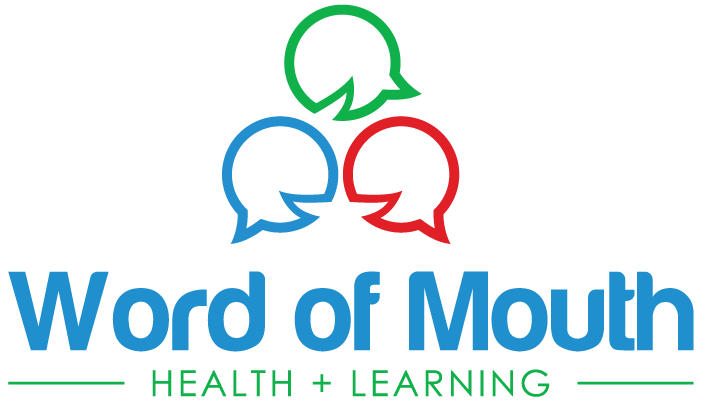Our Services

Speech Pathology
Speech pathologists help people of all ages to communicate. Speech pathologists also help people who have trouble swallowing, which can make eating and drinking difficult.
Speech pathologists can help with:
- Language (difficulties understanding and using words and sentences)
- Speech sounds (difficulties saying sounds and words clearly)
- Social communication (e.g. conversational skills, sharing, eye contact)
- Play skills and attention (e.g. pretend play, turn-taking, waiting)
- Stuttering (repeats or prolongs sounds or words; may ‘block’ and find it hard to start speaking)
- Literacy difficulties (phonological awareness, spelling and reading)
- Feeding difficulties (e.g. breastfeeding, ‘fussy eating’, chewing)
- Swallowing difficulties
We also help support individuals who may present with:
- Autism Spectrum Disorder
- Down Syndrome
- Cerebral Palsy
- Parkinson’s Disease
- Hearing Impairments
- Learning difficulties
- Developmental Delays
- Traumatic Brain Injury
Who can see a speech pathologist?
You don’t need a referral to see a speech pathologist. However, you might need one to access Medicare funding.
Anyone can see a speech pathologist for an assessment.
The speech pathologist will work with you to find out about treatments and services that are right for you.

Occupational Therapy
Occupational therapy supports people of all ages to participate in activities that they do in everyday life. Occupational therapists work with children, adolescents and adults by assisting them in overcoming unique challenges they are experiencing within their everyday lives.
These activities may range from self-care activities to caring for others, education, socialising, leisure, play and work.
OTs can help children and adolescents with:
- Self care: getting dressed, washing, toileting, and feeding
- Play skills: sharing, taking turns and following rules
- Regulating emotions and behaviour
- Social skills and communication: flexible thinking and adjusting to situations
- School readiness: pencil grip, cutting, organisation, attention and concentration
- Sensory processing: body awareness, modulating noise, visual stimulation and touch
- Fine and gross motor skills: tying shoe laces, throwing and catching, handwriting
- Capacity building for mental health and intellectual disability
OTs can help adults with:
- NDIS assessment
- Functional capacity assessments
- Supported Independent Living assessments
- Equipment prescription: assistive technology, mobility, related equipment and home modifications, and independence
- Manual handling assessment
- Mental health and psychosocial assessment
- Capacity building for mental health and intellectual disability
- Regaining functions needed to get back to work
- Social participation: interacting with family and friends including within the wider community
- Self care: getting dressed, washing, toileting, and feeding
- Leisure activities: exploring interests, building skills, and participating in hobbies
- Money management: counting money, identifying coins and bills, and budgeting
- Community mobility: moving from one place to another safely

Allied Health Support Teacher
We provide educational assessment and programming services for children with learning needs to promote their skill development and capacity for independence and community participation. Our approach involves working in natural learning environments such as daycare and school while collaborating with other professionals.
Our Teacher takes on the following responsibilities:
- Conducting evaluations of childhood development and implementing individualised educational programs that cover:
- play skills
- social interaction
- literacy and numeracy
- physical and emotional development
- self-help skills
- Providing intentional teaching, planning, and evaluation to create learning experiences that align with outcomes.
At Word of Mouth Health + Learning, we are committed to helping children reach their full potential through our evidence-based practices and tailored support.

Allied Health Assistant
Our Allied Health Assistant plays a vital role in making our service delivery more efficient, effective, and lasting. This involves working alongside our Speech Pathologists and Allied Health Support Teacher to implement individual programs for treating speech, language, phonological processing, spelling, reading, social skills, and play difficulties using evidence-based practices.
Our Allied Health Assistant collaborates with health professionals and educators and works closely with the client and their family. The treating Speech Pathologist provides support by offering Speech Pathology intervention programs, which are reviewed as required.
The treating Speech Pathologist regularly assesses the client, discusses goals with the client and family, and then provides a comprehensive individualised Speech Pathology intervention program to be implemented by the Allied Health Assistant. The client's progress is closely monitored and reviewed, and the treatment plan is adjusted as required.
At Word of Mouth Health + Learning, we are dedicated to providing comprehensive care that meets the unique needs of each client, and our Allied Health Assistant plays a crucial role in achieving this goal.

Individual assessment
Our assessments are achieved through a combination of informal and standardised tests, depending on our client’s individual needs and ability. Following assessment, a summary or comprehensive report is created allowing individually tailored plans to be designed. A consultative approach is applied, ensuring all specific needs of the family and goals of other professionals involved are considered.
To achieve the best outcomes, our clinicians at Word of Mouth Health + Learning work one on one with our clients, offering an individually tailored approach to their therapy. Individual sessions range from 45 – 60mins.

Therapy sessions
If ongoing therapy is required, a tailored plan to manage the treatment will be discussed before a suitable therapist is appointed. Intervention may be weekly or less frequently with comprehensive home programmes provided.
The standard appointment time for a therapy session is 45 minutes to 1 hour and sessions are provided at our clinics (Mudgee and Wellington, NSW) or alternatively in your home, school, pre-school, nursing home or work environment.
Funding plans for therapy sessions will be discussed confidentially before treatment commences.

School-based services
Word of Mouth Health + Learning works with schools throughout the Mudgee and Wellington Region to provide screening programs and an innovative approach to intervention tailored specifically to meet the needs of students and schools.
Only highly trained and qualified speech pathologists and occupational therapists implement these programs and as a result we offer capacity building and training to teachers throughout the process.
All our programs are specifically designed to be both stimulating for both children and teachers. Our fantastic resources directly target goals that are developed collaboratively with teachers whilst engaging children in fun activities at the same time.

Disabilities
All Word of Mouth therapists are highly trained and empathetic professionals with years of experience working in the disability sector. We are compassionate, knowledgeable and 100% committed to improving the lives of all people with their unique set of abilities.
We believe that all individuals with support needs and communication difficulties can make great progress when treatment is tailored and aimed at recognising distinct strengths and abilities. We believe that with the right therapy, every client has the opportunity to advance.
Our goal is to promote achievement of functional goals in a safe and encouraging environment, whilst nurturing self-esteem and confidence. We take a strengths-based, positive approach that promotes inclusion, participation, and access in everyday environments.
At Word of Mouth Health + Learning, we have a highly regarded reputation amongst our referral networks and peers for working with clients of all ages and ability levels. We see the potential in each client and believe everyone deserves the right to connect to their world through communication.

Aged care
Our dedicated team at Word of Mouth Health + Learning are committed to efficient and effective services to clients in aged care that provide quality of life. We take a proactive, best-practice approach to intervention spending a generous amount of time with every client and documenting specific recommendations and management plans. Follow up on our recommendations is offered, confirming patient comfort and safety. Our therapists conduct engaging, practical in-services for nursing and kitchen staff to ensure quality.
Word of Mouth Health + Learning provide the following services to aged-care facilities:
- Swallowing assessment and management
- Communication assessment and therapy
- Staff training for dysphagia management and improving functional communication
- Volunteers and/or carers training for facilitating safe feeding and effective communication

Feeding
Word of Mouth Health + Learning provides specialised feeding services to infants and children where there are difficulties with eating and drinking. The clinic works with families and relevant medical professionals to establish safe feeding practices, normalise mealtime patterns and develop oral feeding skills. We can assess and treat various feeding difficulties arising from issues with muscle tone, coordination, anatomy or sensory integration.
We assist with:
- Breast and bottle feeding (e.g. attachment difficultes, poor endurance and fatigue, long feeds, growth issues, feed refusal, distress during feeding)
- Starting solids and progressing texture of foods to lumps and finger foods.
- Chewing or oromotor problems
- Fussy, picky, anxious or selective eating
- Oral aversions or feeding aversions
- Stressful mealtimes & mealtime battles
- Tube feeding, tube dependency, and tube weaning
- Swallowing safety (e.g. coughing, gagging or choking on food and drinks)
Our principal Speech Pathologist, Rachel Hampshire, has extensive experience working as a Clinical Specialist (Paediatric Feeding) in major tiertiary hospitals in Sydney for over a decade. Rachel is trained in a number of feeding approaches, including certifications obtained in the USA for the SOS approach to feeding and NOMAS International.
